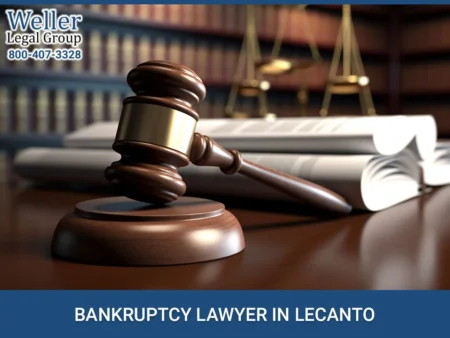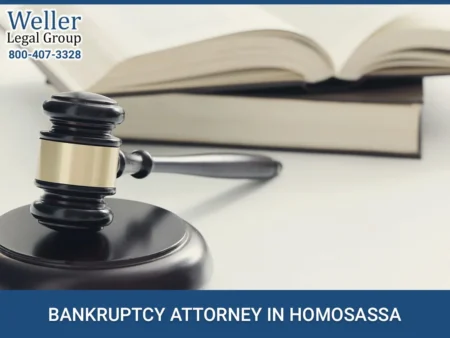Bankruptcy Lawyer in Lecanto
Experienced bankruptcy attorneys in Lecanto, Florida and Citrus County are hard to find. Mr. Jay Weller and Weller Legal Group are one of the longest standing law firms in the Citrus County area that almost exclusively practices bankruptcy law. We have filed over 40,000 cases and can help clients with Chapter 7 bankruptcy, Chapter 13 bankruptcy, and debt settlements in Lecanto, Florida or the Citrus County area. Many of our clients that seek bankruptcy protection will file either Chapter 7 bankruptcy or Chapter 13 bankruptcy. Read More +



